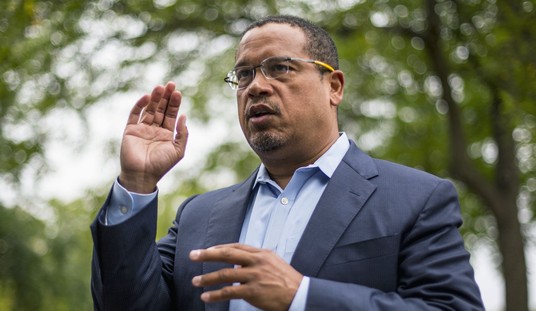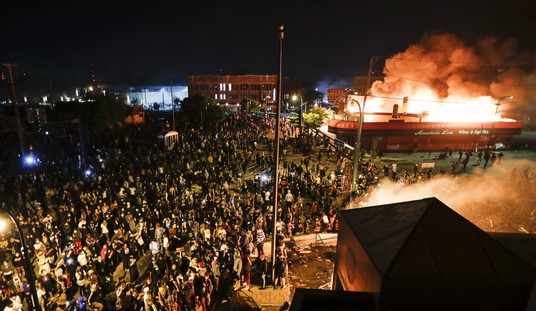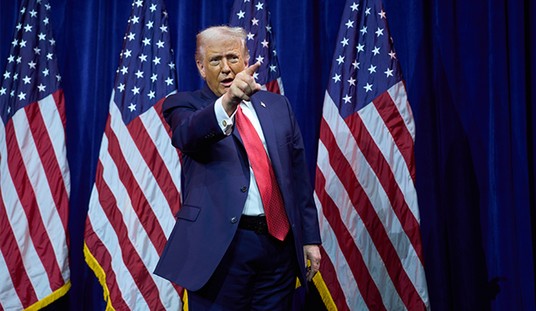The hot lead for NBC’s story is that special envoy Zalmay Khalilzad has begun pulling out all stops to find a peace deal with the Taliban. The explanation for Khalilzad’s energetic efforts falls a bit farther into the report. Khalilzad wants to get a deal in place before Donald Trump summarily withdraws the US from Afghanistan — an order that both State and the Pentagon now assume will come before his re-election effort:
Keenly aware that President Trump has expressed impatience with the U.S. military mission in Afghanistan and that time is limited, Khalilzad, who was born in Afghanistan and served as U.S. ambassador to the country after the 9/11 attacks, has pressed ahead with his diplomacy at a swift tempo, former officials and foreign diplomats said.
U.S. officials are operating under the assumption that the president will pull the plug on the current American military mission in Afghanistan well before the U.S. presidential election in November 2020, current and former U.S. officials said.
Call it a coming October Non-Surprise. Trump has long expressed skepticism over the war effort in Afghanistan, and many of his supporters expected him to pull out as soon as he took office. In August 2017, Trump eventually threw in with SecDef James Mattis and former nat-sec adviser Henry McMaster and dialed up a small surge in deployment, while stripping out withdrawal timelines set by the Obama administration. Trump also reset the rules of engagement, giving US troops more room to respond to attacks and threats, a move punctuated by the use of a MOAB bomb that devastated an ISIS redoubt four months earlier.
Trump eliminated the withdrawal timetables, but that doesn’t mean that his patience with the war increased. He’s been quiet publicly about it, in line with his campaign assertions that Barack Obama talked far too much about US efforts and strategies, but that doesn’t mean much. There’s no reason to think that he’s significantly more enthusiastic about the war two years into his presidency than he was on the campaign trail, or even more enthusiastic than Obama. He has appeared more interested in not being seen as losing the war than winning it, which again isn’t all that far from Obama’s Afghan strategy, politically anyway.
That problem might be part of the timing for Khalilzad’s push. If Trump can succeed in getting a peace deal, he’ll get an enormous boost — for as long as it doesn’t fall apart. There is a good chance that a peace deal with the Taliban would set up a Vietnam scenario, where the US issues security guarantees to their allies and then fails to show up when needed. If that happens before the 2020 election, Trump will get shredded, and not just from the hawks who might oppose a pull-out now or later. Hence the timing matters, as does the ability of Kabul to defend itself if and when the civil war heats back up again.
The difficulty here is an inability of outsiders to dictate terms in a tribal conflict. We’ve spent 17 years trying to keep the Pashtuns and their Taliban leadership from reasserting their theocratic control of the country, and it’s mainly produced an extended stalemate. Unless we’re prepared to occupy the country for another 50 years, that mission is likely to fail, especially with Pakistani intelligence covertly boosting the Taliban and other Islamist extremists as part of its ongoing dispute with India.
Khalilzad’s mission now is to find a way to bind the Taliban to peaceful political engagement rather than terrorism as a means to end the civil war. Whether he can accomplish that or not, the US has to decide just how much longer we can afford to stay stuck in the middle of that conflict. There simply are no good options here, and likely very few not-awful choices in the long run.







Join the conversation as a VIP Member